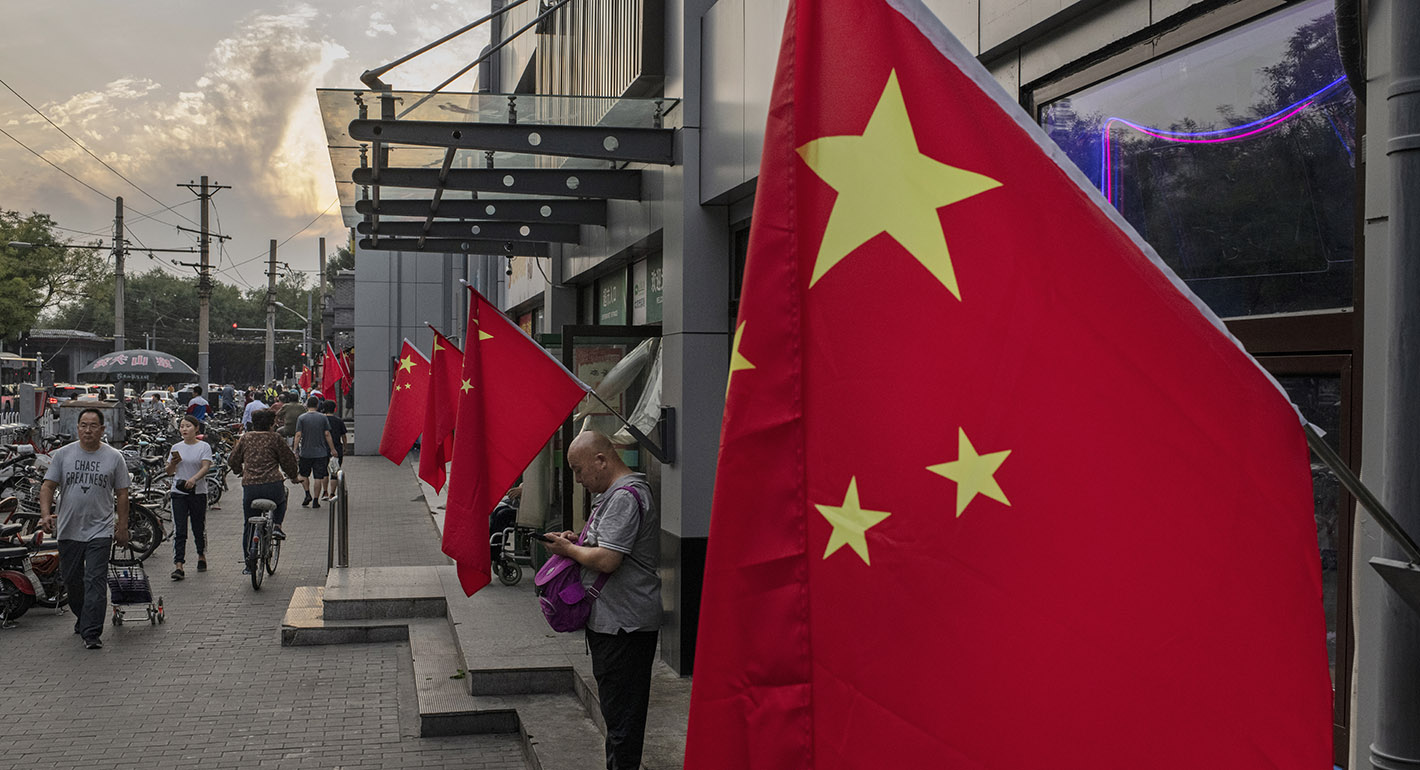During the 70 years since the founding of the People’s Republic of China, Beijing has evolved from a challenger to a contributor to global governance. Such an evolution is the result of the changing international system, China’s growing strength, and the need to accommodate it in the international order.
China’s approach has been influenced by three lessons that it has learned over the past 70 years:
- China’s development is closely interconnected with that of the larger global community.
China believes it is its responsibility to play a more active role in the world as an important stakeholder. But in contrast to the United States, which focuses on maintaining its global leadership role, China attaches more importance to perfecting international mechanisms of global governance. - Almost all of these mechanisms—from the UN to the World Trade Organization and the World Bank—are currently led by Western countries. China cannot and will not benefit from comprehensively changing these institutions.
Instead, China prefers to improve the international system through evolutionary, rather than revolutionary, means. Rather than challenging the system, China believes the best approach is to reform it incrementally. - Though China has found it difficult to integrate into traditional global and regional political-military arrangements, it has greatly benefited from successfully integrating into economic ones.
As a result, China’s contributions to global governance focus mainly on economic cooperation. The Belt and Road Initiative, for example, aims to stabilize and improve China’s economic relationship with participating countries.
These lessons have served as the logic behind how China’s global governance has evolved and will continue to develop.
This quick take is part of a series authored by scholars from across the Carnegie Endowment’s global network, in advance of the seventieth anniversary of the founding of the People’s Republic of China.
- How Has the U.S.-China Relationship Changed Over Seventy Years?
Paul Haenle - How China Became Russia’s Most Important Partner
Alexander Gabuev - How Has Europe’s View of the People’s Republic of China Changed?
Judy Dempsey - How Has China’s Role in the Middle East Evolved?
Maha Yahya - Three Lessons China Has Learned About Global Governance
Lyu Jinghua - A Brief History of India’s Relationship with the People’s Republic of China
Srinath Raghavan









